8 SEO Myths That Small Businesses Commonly Fall For (And What to Do Instead)
Every day, small businesses pour time, money, and hope into SEO campaigns, only to watch their rankings flatline or worse, plummet. It’s not because SEO doesn’t work. It’s because they’ve been told to follow advice that was never true in the first place.
Some of these “tips” sound harmless. Others are backed by self-proclaimed experts who swear they know Google’s secrets. But behind the scenes, these myths that YOU believe in are quietly sabotaging growth, draining budgets, and leaving small businesses like yours invisible to the very customers searching for them.
Tired of Spending tons on your SEO and getting no results? Let us help you.
This isn’t another SEO theory piece. It’s a reality check. In the next few minutes, you’ll uncover eight of the most dangerous myths still circulating in the world of search optimization, lies that could be costing you clicks, leads, and revenue right now.
Only if you believe them.
1. SEO Is a One-Time Task

Many small business owners treat SEO like hanging a store sign. They believe that once it’s up, customers will naturally find their way in.
The logic feels simple: optimize the website, add some keywords, publish a blog or two, and the job is done. But in reality, this belief is one of the costliest mistakes in digital marketing, silently draining visibility and opportunities from their business.
Search engines don’t stand still. Algorithms change. Competitors publish new content. Your customers’ search behavior shifts with trends, technology, and even seasons.. That “set it and forget it” approach slowly buries websites in the deepest pages of Google where no one ever looks.
Successful SEO is more like a fitness plan than a one-time health check. It takes regular updates, fresh content, ongoing technical fixes, and constant monitoring to stay visible. Small businesses that treat SEO as a continuous effort—not a box to tick—are the ones that keep climbing rankings while everyone else wonders why nothing’s working.
So, before you close the book on SEO after one round of optimization, ask yourself this: are you truly building long-term visibility, or just leaving your business in Google’s rearview mirror?
2. Using a lot of Keywords will boost your ranking
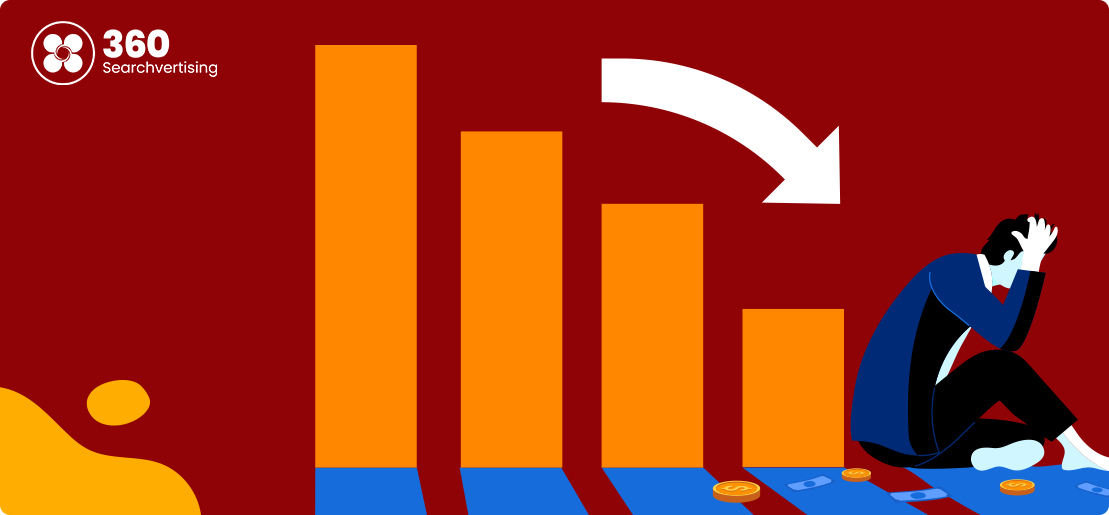
For years, business owners were told a simple rule: pack your website with keywords, repeat them often, and watch your site climb to the top of Google.
It sounded foolproof. After all, if search engines match words on a page to what people type in, then more keywords must mean better rankings… right?
Wrong. In reality, keyword stuffing is like shouting the same word over and over in a crowded room, it doesn’t make you more noticeable, it just makes people (and search engines) tune you out.
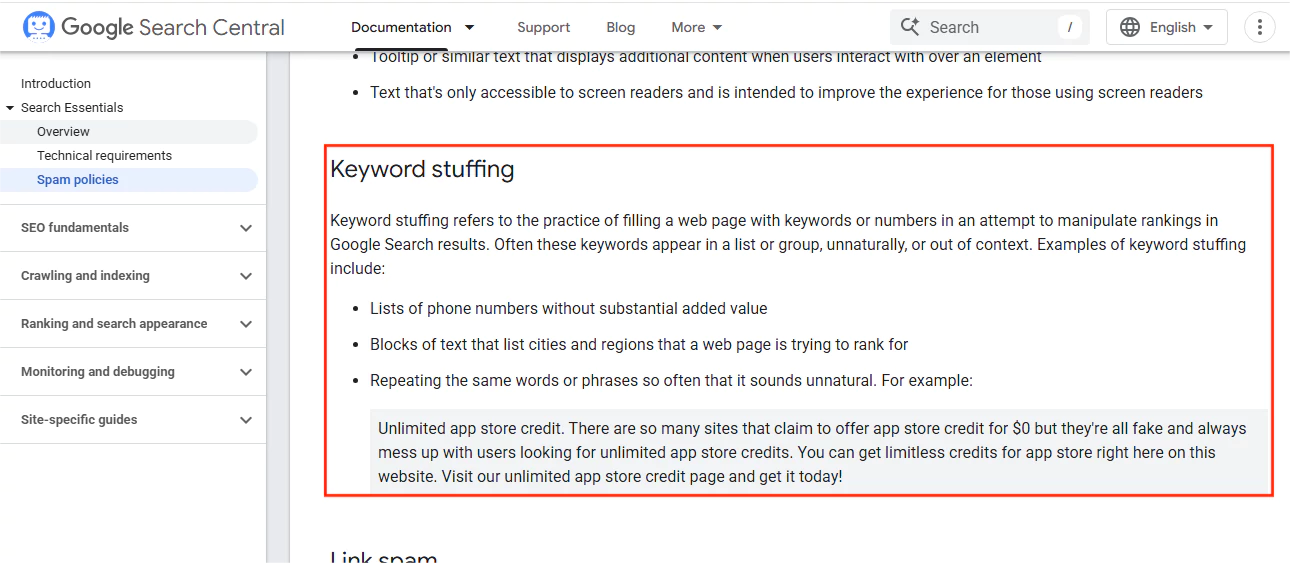
Google’s algorithms are now far smarter than they were a decade ago. They don’t reward repetition; they reward relevance, context, and genuine value.
Small businesses that still chase the old “keyword overload” strategy often see their content buried under competitors who focus on understanding search intent, creating natural, helpful content, and using keywords strategically, not excessively. The result? Those who write for humans, not just algorithms, are the ones who win lasting rankings.
3. Meta Tags Don’t Matter Anymore
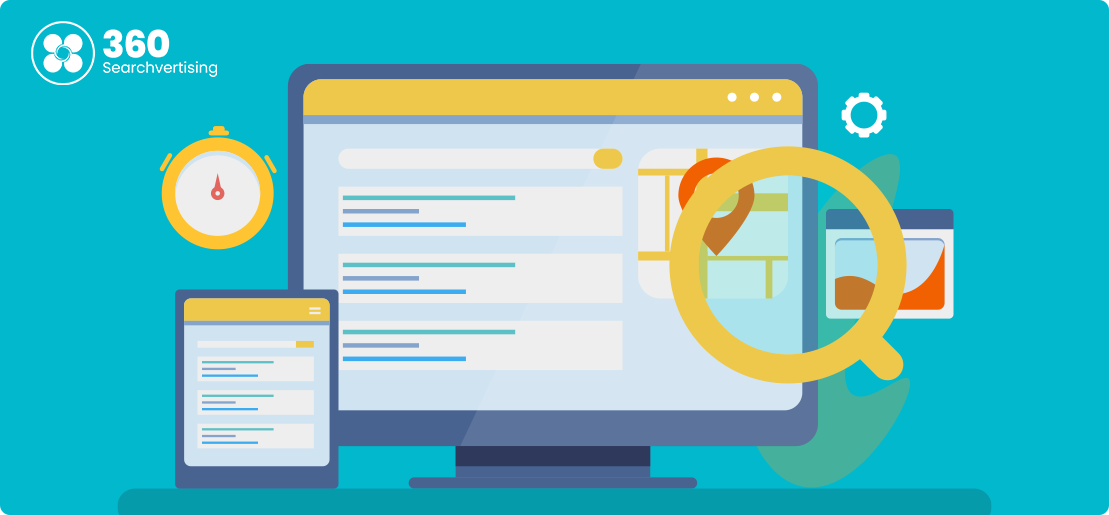
Meta tags often get dismissed as relics of an old SEO era, a box you tick once and forget about. Many small business owners believe Google barely looks at them anymore, so why waste time on titles and descriptions when “real SEO” happens elsewhere?

That assumption costs clicks every single day. While meta tags may not directly catapult you to rank #1, they’re still the first thing searchers see. A poorly written title or a bland, generic description can make users scroll right past your result, no matter how high you’re ranking. Google’s algorithm takes note of that lack of engagement and so do your competitors.

Smart businesses use meta tags as their digital elevator pitch. They craft titles and descriptions that not only include relevant keywords but also entice real humans to click. When more people choose your link over others, it sends powerful signals to search engines that your page is worth showing.
Ignoring meta tags doesn’t just hurt your SEO – it hands your competitors free traffic on a silver platter.
4. Backlinks Are Overrated
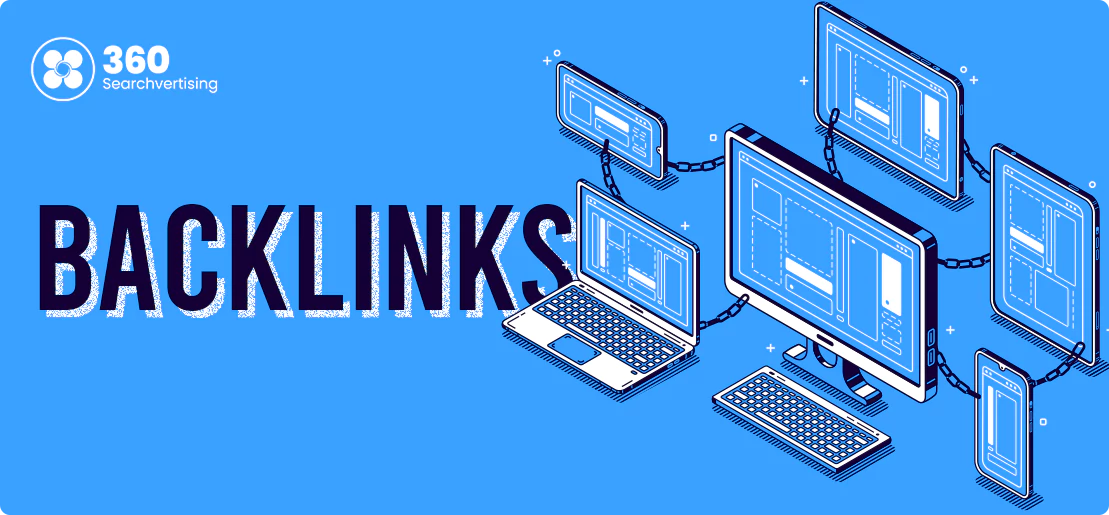
For small business owners, it’s tempting to think that backlinks are outdated, that Google no longer cares about links, so why bother investing time or money?
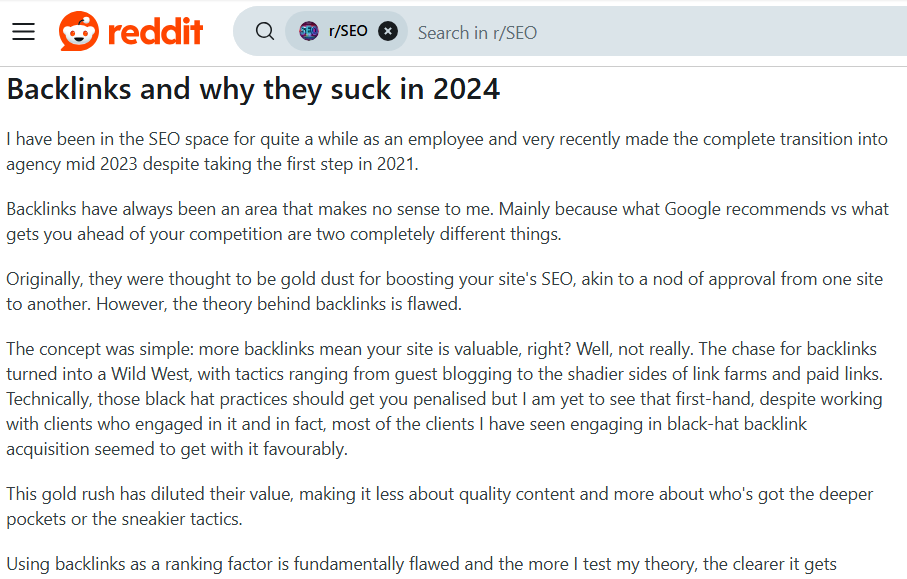
This myth can be a costly shortcut to nowhere.
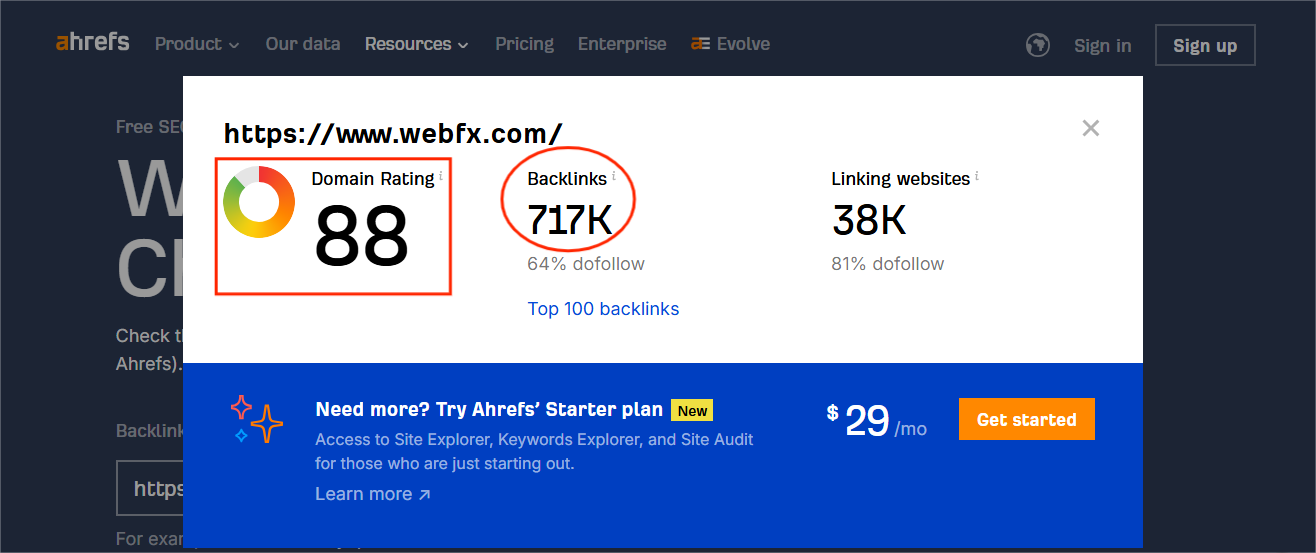
In reality, backlinks remain one of Google’s strongest trust signals but only when they come from credible, contextually relevant sources. Search engines measure the authority and relevance of a backlink by analyzing the linking site’s quality and subject matter alignment, not sheer volume.
A single high-quality backlink, such as from an industry-specific editorial site, can outweigh dozens of low-value links from spammy directories or unrelated pages. In fact, excessive “link harvesting” can trigger Google’s link scheme penalties and sink your rankings rather than boost them.
Experienced SEO professionals consistently emphasize that it’s never the amount of backlinks that drives rankings, it’s the quality and niche relevance. A handful of well-placed, authoritative links can make a far greater impact than hundreds of low-quality ones.
Small businesses should focus on relevance and authority, earning links organically by publishing educational, valuable content that others naturally want to reference and link to. Regularly reviewing your link profile and removing harmful links is also essential to maintaining credibility.
Backlinks haven’t lost their power, they’ve simply evolved. Quality and context now outweigh quantity, and overlooking this truth can cost small businesses both rankings and revenue.
5. Mobile and Site speed does not matter
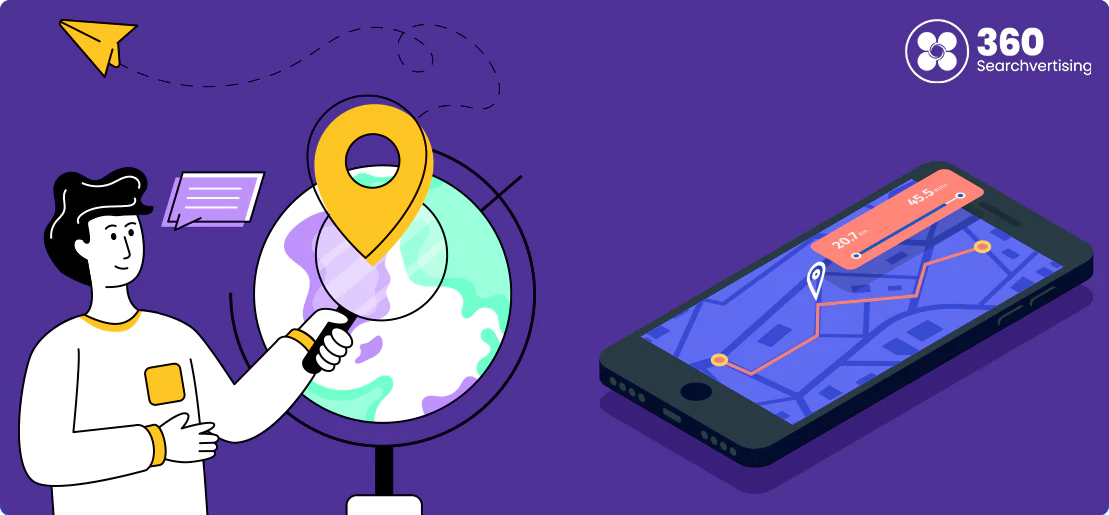
Many small businesses design their websites on desktop screens and assume that’s good enough for everyone. Mobile optimization and site speed often become afterthoughts, seen as “nice-to-have” features rather than critical ranking factors. This misunderstanding silently pushes websites down the search results and drives potential customers away.
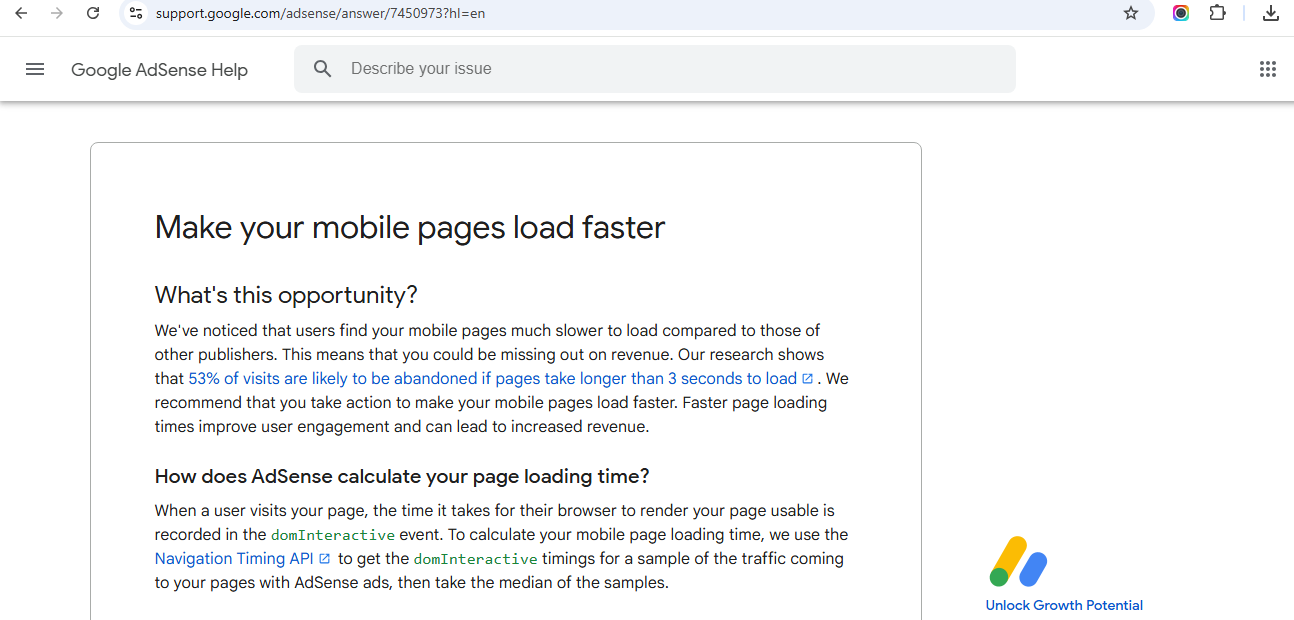
Google has made it clear that mobile-friendliness and fast loading times directly influence search rankings. With over half of all web traffic coming from mobile devices, a site that isn’t optimized for smaller screens or takes more than a few seconds to load risks losing visitors instantly. Search engines track this behavior, high bounce rates and poor user experience send negative signals that can hurt your SEO performance.
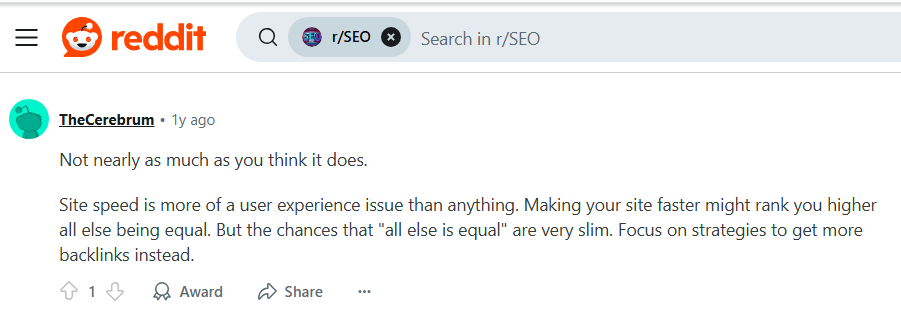
Slow websites frustrate users, and frustrated users don’t convert. Mobile-unfriendly pages break layouts, hide important information, and make it harder for people to take action, costing small businesses both leads and sales.
Modern SEO isn’t just about keywords and backlinks; it’s about delivering a seamless experience to users on any device. Prioritizing mobile responsiveness and site speed isn’t optional anymore, it’s a fundamental part of staying visible and competitive in search results.

Social media is often portrayed as a magic shortcut to better Google rankings. Many small business owners believe that if a post gets enough likes, shares, and comments, their website will automatically rise in search results. Unfortunately, this belief is misleading and can lead to misplaced efforts in SEO campaigns.
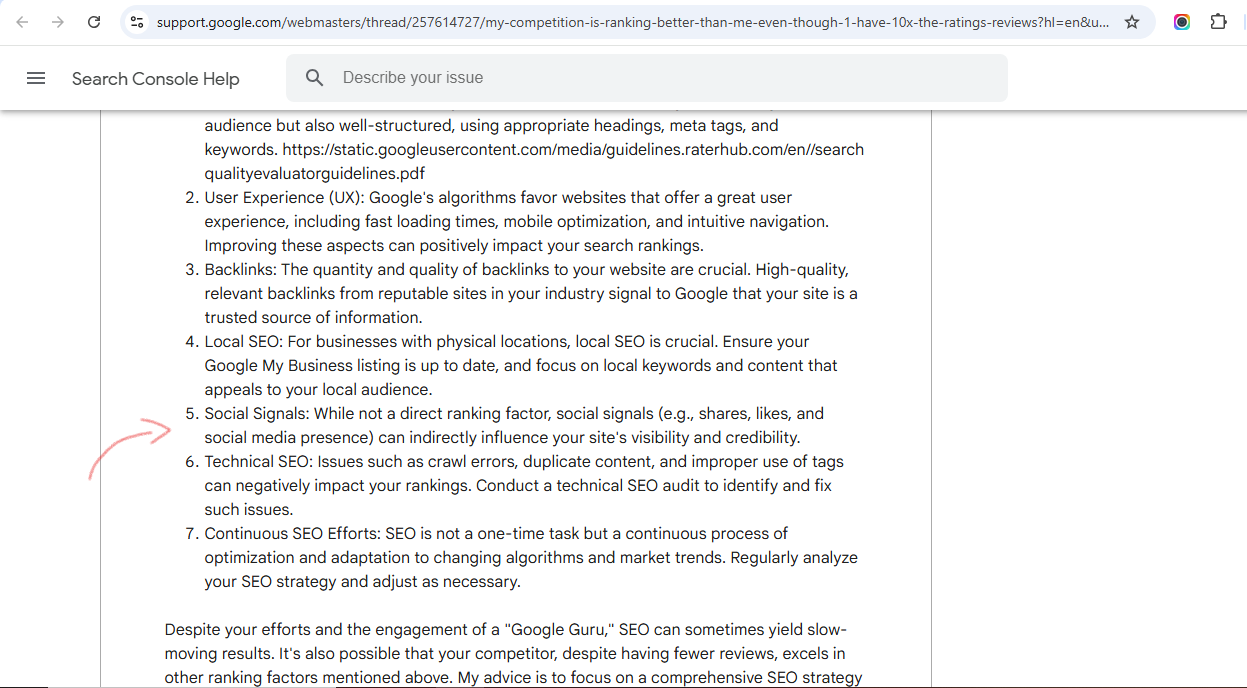
Google has confirmed that social signals — likes, shares, retweets—are not direct ranking factors. A viral post doesn’t guarantee higher search visibility. What social media can do, however, is amplify reach, drive traffic, and help content earn backlinks. Those backlinks and increased engagement are what ultimately influence search rankings, not the social shares themselves.
Businesses that treat social activity as an SEO ranking strategy often neglect foundational tactics like content optimization, technical SEO, and link-building. As a result, they gain fleeting visibility on social platforms but fail to secure long-term search engine growth.
Social media is a powerful tool for brand awareness and content promotion. But without a solid SEO strategy behind it, those shares are just numbers on a screen, not a path to higher rankings.
7. Paid Ads Make SEO Unnecessary
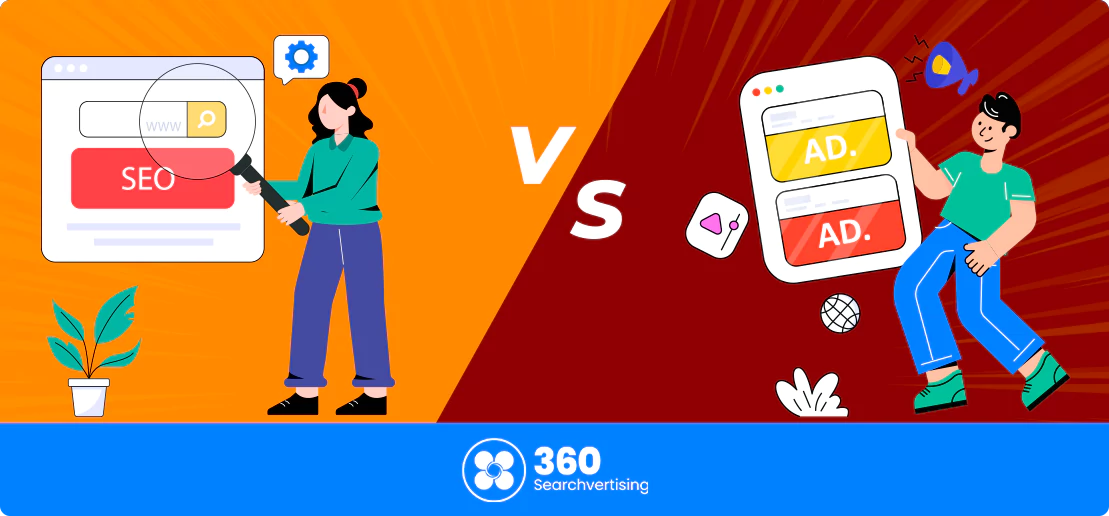
Many small business owners believe that running Google Ads or other paid campaigns can replace the need for SEO. After all, if you can pay to appear at the top of search results instantly, why invest months into building organic rankings? This assumption can lead to overreliance on ads and long-term missed opportunities.
Paid ads can drive quick visibility and traffic, but their effect stops the moment you stop spending. SEO, on the other hand, builds sustainable visibility that continues to generate leads even when your ad budget is paused.
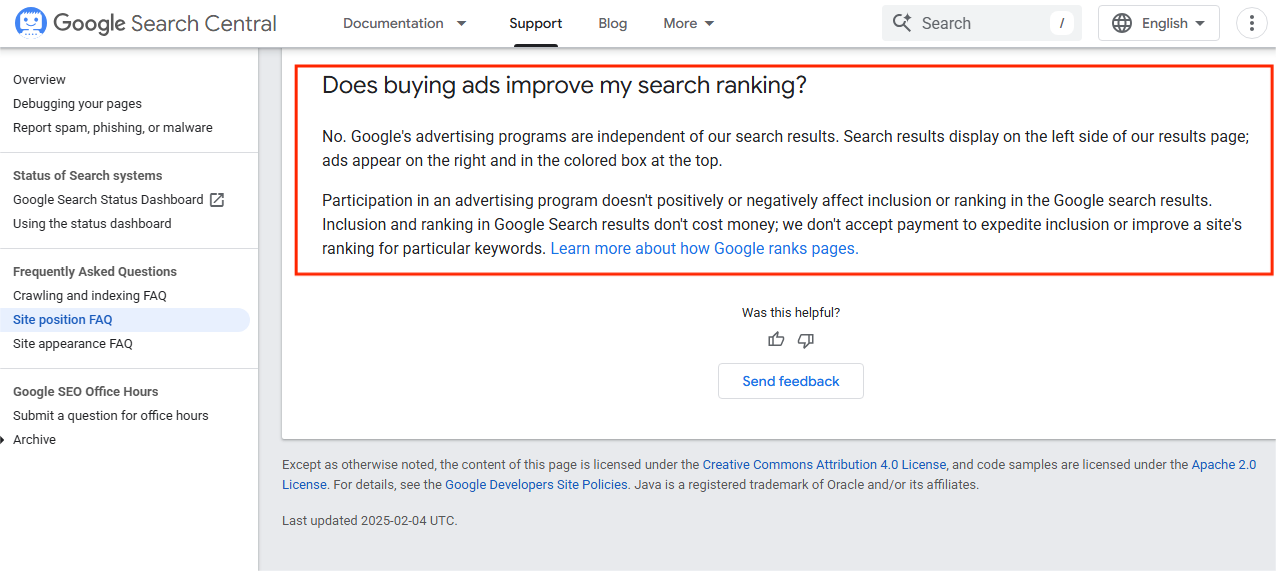
Google has confirmed that running paid ads does not influence organic rankings. Paid and organic results are separate systems, meaning money spent on ads won’t improve your SEO
The most successful businesses don’t choose between SEO and PPC, they use both strategically. Paid ads capture immediate demand, while SEO builds long-term trust and traffic. When combined, they create multiple touchpoints with customers, lowering acquisition costs over time.
Relying solely on ads is like renting visibility instead of owning it. Without a strong SEO foundation, your business is at the mercy of fluctuating ad costs and competition, leaving you invisible once the budget runs out.
8. Local SEO Doesn’t Matter if I Already Have a Website
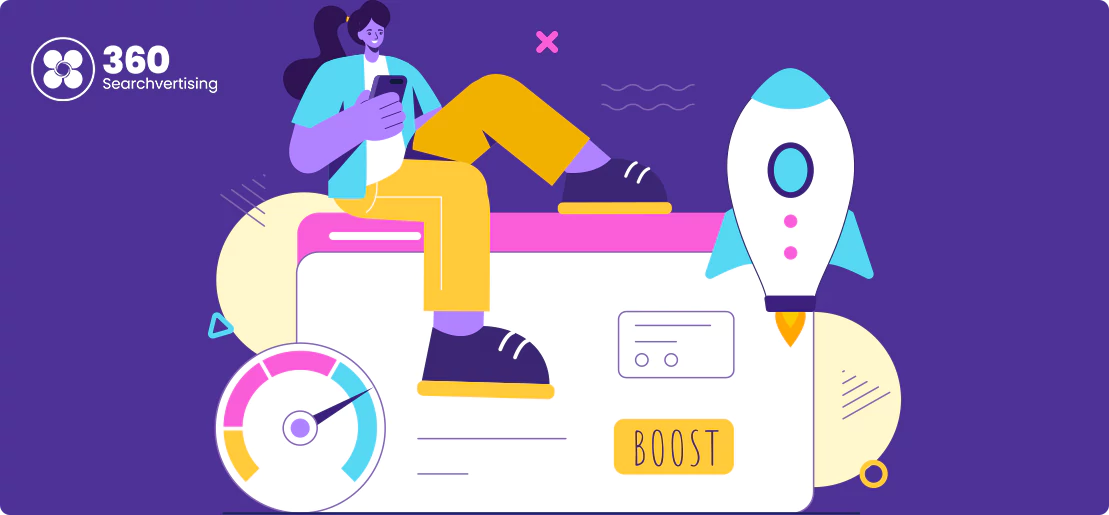
Many business owners think that once their website is live, they’ve done enough to get noticed online. After all, if people search for your services, shouldn’t your website automatically show up?
But showing up in local searches isn’t that simple. Google looks at far more than just your site—it prioritizes signals like your Google Business Profile, customer reviews, local citations, and even your proximity to the searcher. This means a competitor with an optimized profile and stronger local signals can easily outrank you, even if their website isn’t as polished.
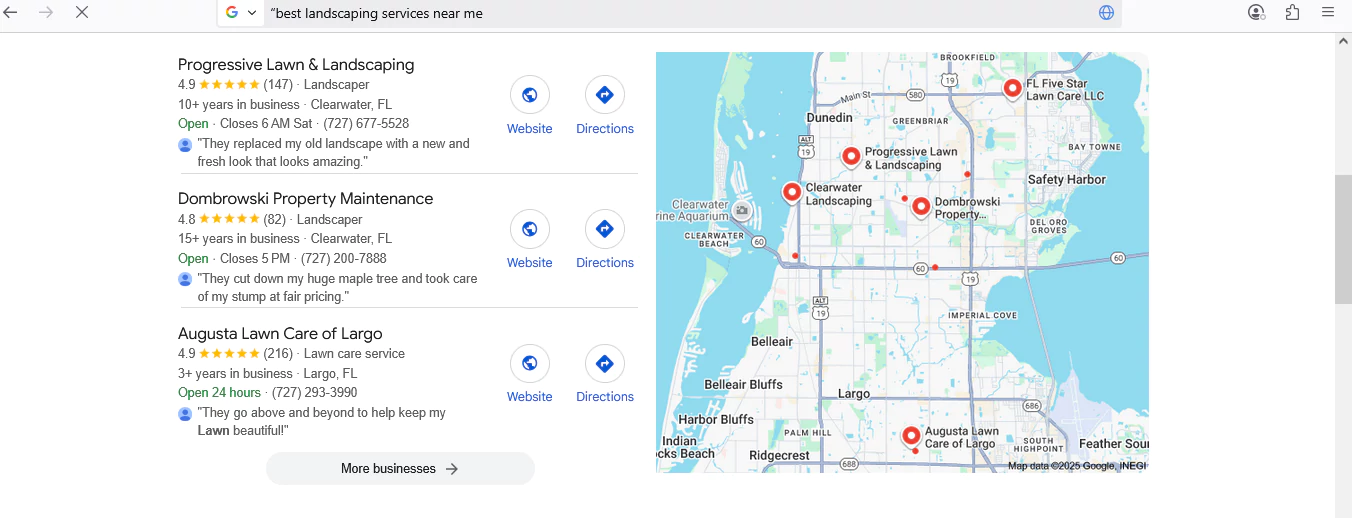
That’s why local SEO is essential. It bridges the gap between your website and the community around you, ensuring your business appears in the map pack, attracts nearby customers, and turns searches into store visits, calls, and leads. Your website might be the foundation, but local SEO is what connects you to the people right outside your door.
SEO can be the difference between a thriving small business and one that struggles to get noticed. But as you’ve seen, it’s also one of the most misunderstood parts of digital marketing. These myths, once believed to be shortcuts to success are silently draining visibility, wasting budgets, and handing customers over to competitors.
The question now isn’t whether SEO works, it’s whether you’re willing to let go of the myths holding your business back. The sooner you stop chasing the wrong tactics and start building a sustainable strategy, the sooner you’ll see the growth and traffic you’ve been missing.
Because in today’s digital world, the businesses that win aren’t the ones spending the most, they’re the ones making every click count.




